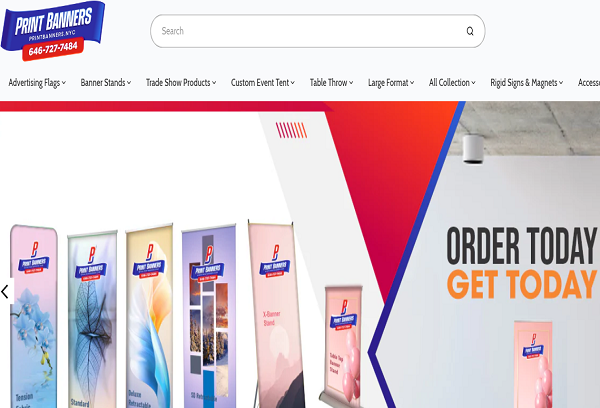Google’s Insights on Optimal Content Length for SEO
- October 22, 2024
John Mueller from Google addressed a question on LinkedIn regarding the ideal length of content for achieving good performance on Google search results. During the discussion, participants sought clarity, expressed worries about potential SERP limitations posed by Reddit, and proposed that Search Console should provide feedback on content performance. Mueller’s response encouraged SEO professionals to reconsider their strategies when it comes to content creation.
What is the Ideal Content Length for SEO?
The core issue lies in the phrasing of the question, which asks about the necessary steps to improve content for Google. This approach contradicts what Google’s algorithms are designed to evaluate.
Nevertheless, the question does hold some value, particularly for those new to publishing who might be uncertain about the appropriate length for content. Conversely, many content creators—regardless of their experience—often err by producing excessively lengthy articles that stray from their main topic.
The question posed was:
“Hi John, is there an ideal content length that performs better on Google search results? Should we focus on crafting longer, detailed articles, or can shorter content rank effectively if it’s concise and valuable?”
There are numerous theories about effective content creation, which can understandably lead to confusion.
Mueller’s Response Sparks Debate
Mueller provided a solid answer, but others expressed concerns regarding the ranking decisions made by Google that might hinder high-quality content from achieving visibility.
Mueller stated:
“There is no universally ideal content length. Focus on providing unique value to the web overall, which doesn’t mean merely adding more words.”
His recommendation to prioritize “unique value” in published content is sound advice. However, achieving unique value doesn’t strictly imply incorporating more images, more or less content, additional graphs, or detailed instructions. These elements can be beneficial only if they are relevant to users and their search queries.
Yet, as one participant noted in the discussion, a website with quality content might still struggle in the SERPs due to Google’s “preference” for platforms like Reddit.
A user named SEOBot _ suggested that Google should clarify what “unique value” entails in relation to their content. While it may seem odd for a publisher to be uncertain about what defines “unique value,” this highlights the confusion some publishers face regarding Google’s ranking criteria.
The follow-up question from SEOBot _ was:
“…do you have any examples of content that exemplifies this and receives positive recognition from Google? ‘Focus on bringing unique value to the web overall, which doesn’t mean just adding more words’ is a rather vague and unrealistic request if the GSC could pinpoint sections that don’t make sense or add value.
We’re eager to understand how content genuinely generates value for the web. If top publishers and brands are generating all the value, what should smaller publishers or niche site owners focus on to thrive?”
Mueller replied:
“SEOBot _ If you’re searching for a mechanical formula for creating something valuable, that will be in vain—that’s simply not how it works, whether online or offline. When considering successful businesses in your area, do you mainly think about the metrics they emphasize, or do you focus on the products and services they offer?”
It appears that Mueller is emphasizing the importance of considering site visitors rather than just Google when it comes to understanding what constitutes “unique value” content.
Recently, I presented at a search marketing conference on seven key aspects publishers can concentrate on to enhance their content. There’s much to discuss regarding content optimization, but ultimately, publishers and SEOs can significantly benefit by heeding Mueller’s advice about how to approach selling to customers in a physical store or by writing for a human audience (similar to how I’m engaging with you now).
Others in the conversation similarly sought clarity on what Google looks for in content. However, Mueller has conveyed all that needs to be said on the topic.
Mueller suggested:
“If you tally the words in best-selling books, average that count, and then replicate that number in your own book, will it automatically become a bestseller? If you create a smartphone with dimensions identical to a popular model, will you sell as many units? While I appreciate spreadsheets, metrics are not everything.”
Key Takeaway
For anyone whose understanding of SEO has revolved around keyword strategies, concerns about “entities,” and ensuring articles are interconnected with the appropriate anchor text, Mueller’s insights may seem perplexing. Having worked in SEO for 25 years, I recall a time when the focus was primarily on generating content and links for Google. However, the landscape has changed; in 2024, SEO is increasingly about crafting content for users rather than solely for Google.
At Earn SEO, we are proud to be recognized as the No. 1 National SEO Services in New York. We emphasize the importance of creating valuable, user-centric content that resonates with your audience. Understanding the nuances of what constitutes “unique value” can elevate your content strategy and improve your website’s visibility. Join us as we explore effective SEO strategies that not only enhance rankings but also foster meaningful connections with users.
Earn SEO was established in 2011 by Devendra Mishra, a highly educated professional with varied training and experience. Mr. Mishra is responsible for business development, attracting new Earn SEO partners, and interacting with clients, the media and press, and acting as Brand Ambassador.
Devendra Mishra
Founder





































